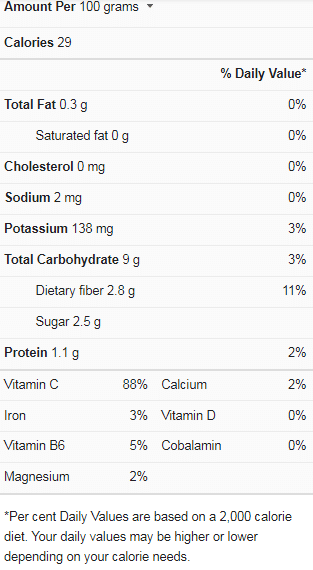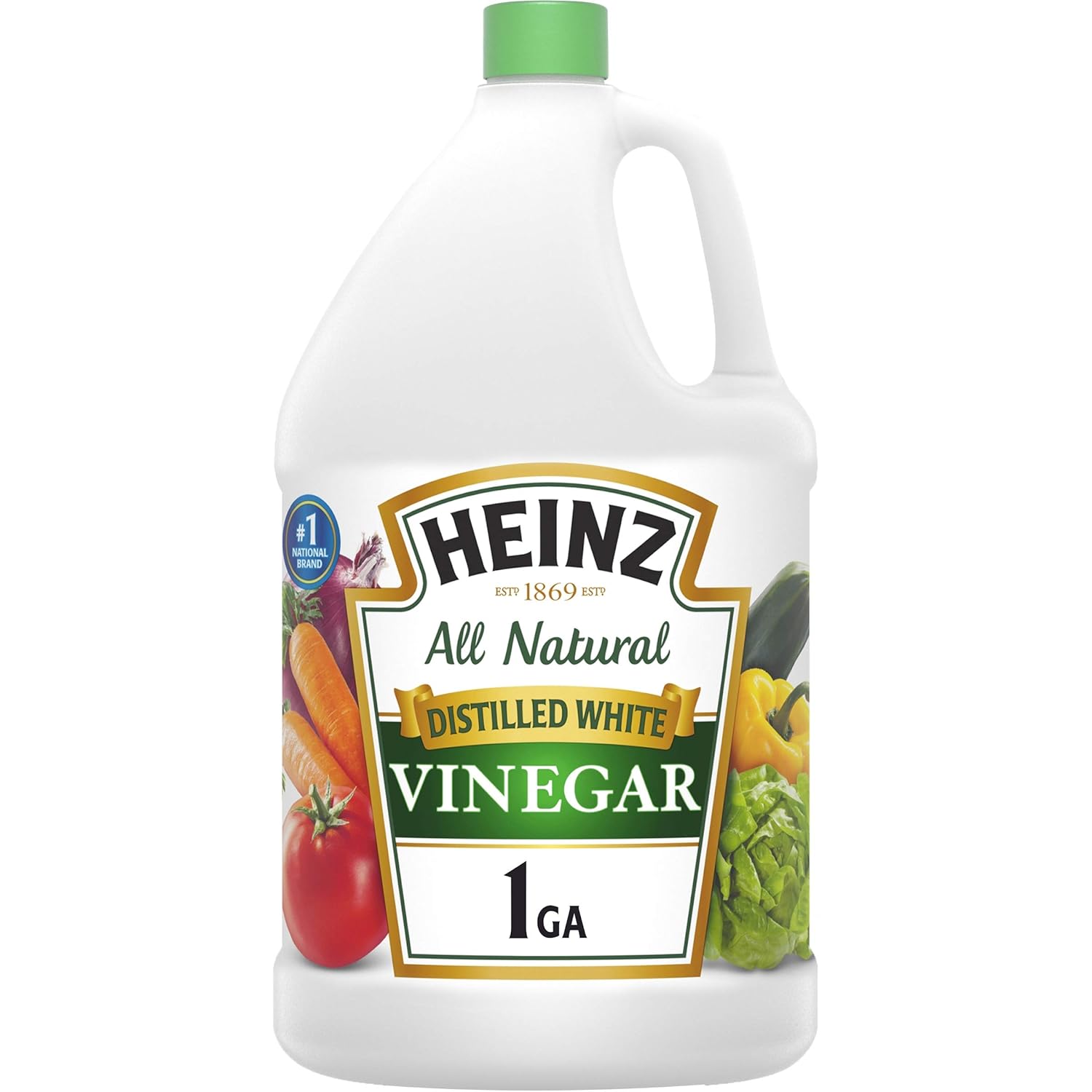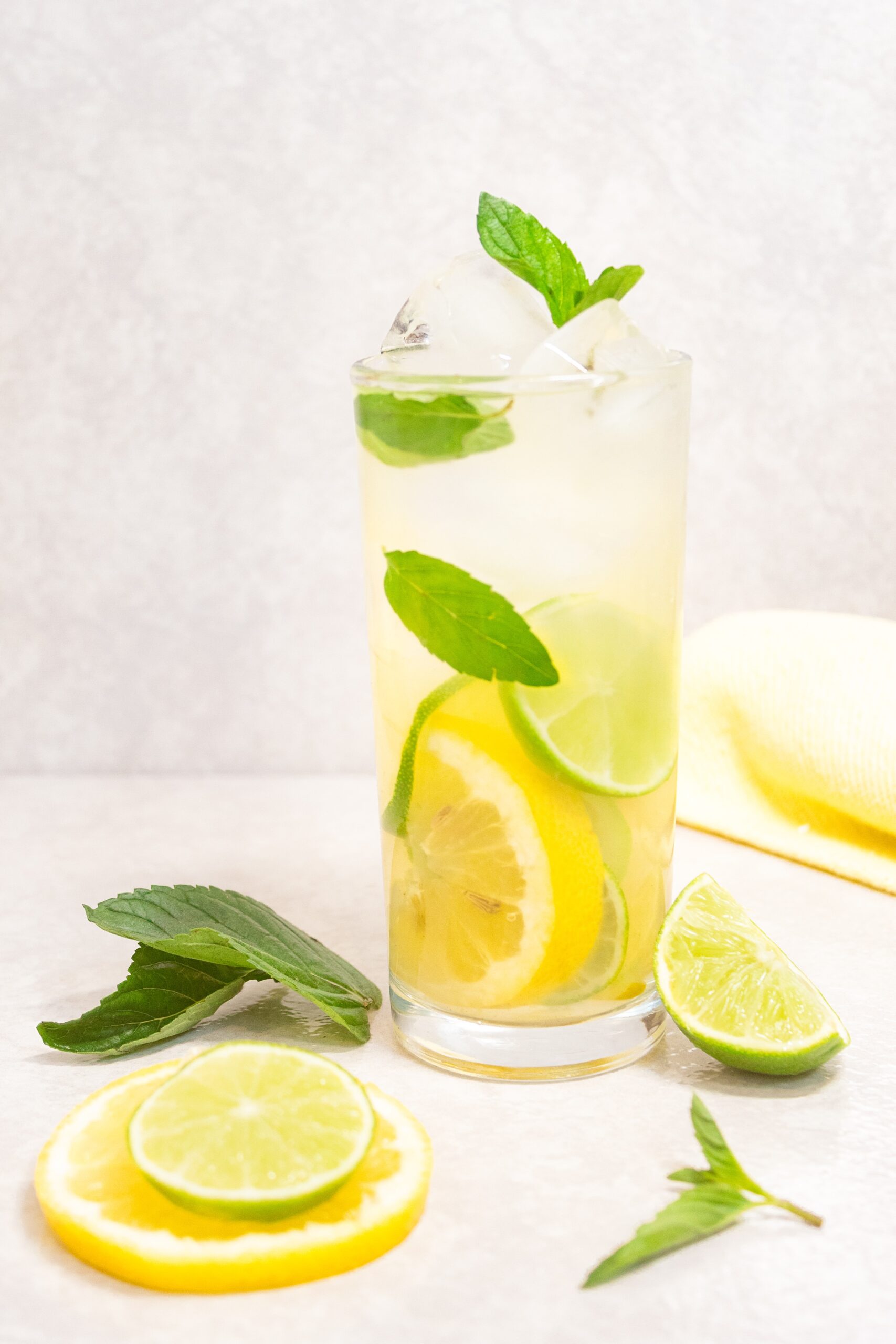There’s no end to the diversities of lemon, is there? From lemon juice to lemon extract and now lemon zest, all from the fruit of lemon. The lemon zest, in this case, is the outside portion of the lemon fruit. It is often yellow in color and also used to add a tangy flavor to recipes, with or without lemon juice.
Lemon juice is gotten from the juice of lemon juice, and it has diverse uses as condiments and as a cleaning and freshening agent. The same thing can be said of lemon zest. Apart from making dishes sparkle and aromatic, it can be used to clean bathtubs, remove stains from clothing, remove odors from the hands, and so much more.
Lemon juice and zest can be used interchangeably in some recipes if used appropriately. If you run out of lemon zest as your cooking condiments, instead of you to completely skip that wonderful lemon taste, you can grasp a bottle of lemon juice from the freezer and enjoy the aromatic flavor it offers.
What are lemon juice and lemon zest?
Although they are used similarly, lemon juice is made of water, sugars, citric acid, amino acid, and vitamins, and they are made by squeezing the juice of the lemon fruit into a container. For lovers of lemon drinks, the unique sour taste of lemon juice makes it a distinct ingredient in drinks and foods such as lemonade and lemon meringue pie. Lemon juice is most commonly used in a lemonade drink, which is made by using lemon juice, water, and sugar. The juice is most widely used for various culinary and non-culinary purposes worldwide.
On the flipside, lemon zest is the yellowish, brightly colored, and shiny part of the lemon pulp. You can zest a lemon manually using razors or other instruments made specifically for that. The zest can taste more intense than the juice; it shines well on lemon-flavored baked foods and has a fantastic flavor.
Lemon nutrition facts

Lemon zest and juice uses in recipes
Both lemon zest and juice are incredibly versatile cooking condiments. Lemon juice is useful in baking, cooking, making cocktails, making salad dressing and marinades. Zest also works well with baked goods like lemon bars, lemon meringue pies, lemon poppy seed muffins, and pound cake, all without having the extra moisture of lemon juice.
- Lemon bars
- Candied Lemon peel
- Lemon curd tartlets
- Lemonade
- Kale chips with lemon zest
- Lemon Meltaways
- Poundcake
- Pesto
- Oatmeal
- Yogurt
- Buttered toast
- French toast
- Jelly
- Fruits
- Pancakes
- Muffins
- Cured Fish
Substitute lemon juice for lemon zest
Usually, when you’re substituting lemon juice for lemon zest, you’re most likely having the flavor difference in mind, and you don’t want it to be too dissimilar. The only way to ensure this is to be careful with the quantity substitution. You’d best replace each teaspoon of lemon zest called for in your recipe with 2 tablespoons of lemon juice, and it will give you the flavor match possible.
Baking
The use of dried lemon peel could alternatively also serve the same functions as your fresh lemon zest, but since the flavor is stronger and more concentrated than fresh zest, use as little a third or as much as the recipe calls for. However, if you’re replacing lemon zest with lemon juice, you should note that the moisture of lemon juice might change the texture of your baked goods.
If you’re using lemon zest in place of juice, you should also add additional water to compensate for the loss in moisture; you don’t want your dish to come out too dry.
Langers 100% orange juice
Heinz white vinegar
Iberia dry white cooking wine
Frequently asked questions (FAQs)
How do you substitute lemon juice for zest?
Replace each teaspoon of lemon zest called for in your recipe with ½ teaspoon of lemon extract or 2 tablespoons of lemon juice. It will give you the best flavor match possible.
Is lemon zest the same as lemon juice?
No, they’re different parts of the lemon fruit. Lemon zest is the yellowish outer part of the fruit, while lemon juice is the acidic liquid part of the fruit.
Does lemon zest really add flavor to dishes?
Yes, it does, and it is flavorful and adds a burst of freshness to your go-to dishes.
Conclusion
Lemon juice and lemon zest are different parts of the lemon fruit, and they both have similar contents and properties. Juice is in liquid form and adds a nice flavor to your dishes and baked goods, just like zest. They can be used in place of each other in some instances – not all. And it is also recommended to have less lemon zest or more lemon juice in the ratio of 1:2 as the case may be. This is to maintain the balance as lemon zest is stronger in flavor than lemon juice.




